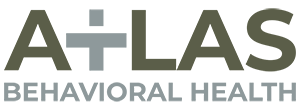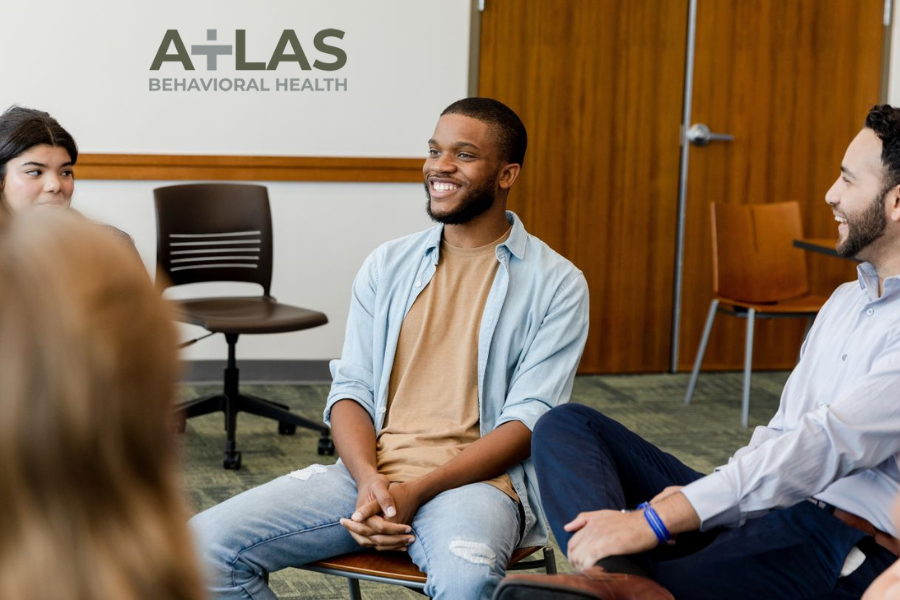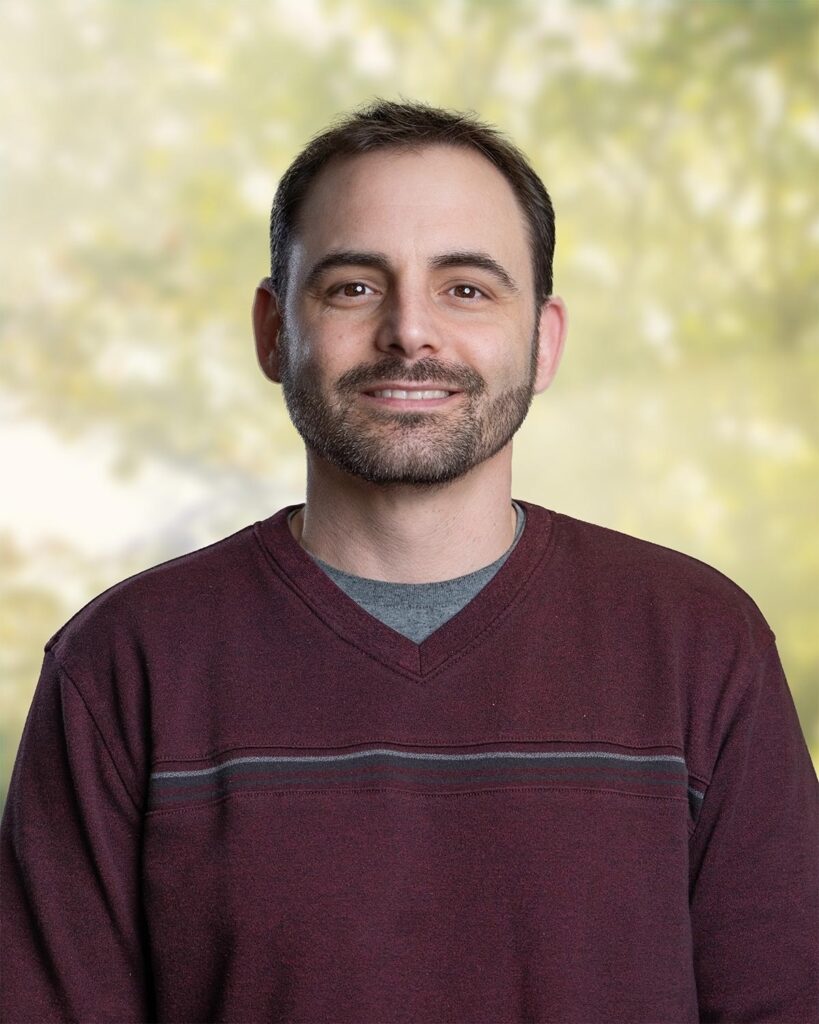When someone struggles with both mental health and substance use, getting the right care is key. But terms like dual diagnosis and co-occurring disorders can sound confusing.
At Atlas Behavioral Health in Atlanta, we treat both. And we want you to understand what these terms mean so you or your loved one can feel confident taking the next step.
Let’s break it down together.
What Is Dual Diagnosis?
Dual diagnosis means someone is living with both a mental health disorder and a substance use disorder. It could be anxiety and alcohol use. Or depression and opioid addiction. The term shows that both problems are happening at the same time.
It’s not always clear which came first. Some people use substances to cope with symptoms like sadness or panic. Others notice mental health issues only after they’ve developed a drug or alcohol problem.
The most important part of a dual diagnosis is that both conditions affect each other. You can’t treat one and ignore the other. If you do, the untreated part may get worse and lead to relapse or more distress.
At Atlas Behavioral Health, we create custom treatment plans that address both the mental health issue and the substance use. Our team of experts understands how these conditions are linked. We don’t just focus on the symptoms. We treat the whole person with compassion and care.
What Are Co-Occurring Disorders?
Co-occurring disorders is another term that means someone has more than one mental health or substance use condition at the same time.
It could be two mental health issues, like PTSD and bipolar disorder. Or it could be a mental illness paired with alcohol or drug use.
The phrase co-occurring disorders is used a lot in clinical settings. It’s a little broader than dual diagnosis. But in most real-world situations, the terms are used the same way. What matters most is that both disorders are recognized and treated together.
At Atlas Behavioral Health, we use the term that best fits each person’s needs. Our focus is on making sure no part of your health is overlooked. We build a plan that includes therapy, support, and structure so you can feel better in every part of your life.
When someone has co-occurring disorders, it takes a team approach to treat them correctly. That’s why we keep a low 3:1 client-to-staff ratio and work closely with every client to find what works.
Dual Diagnosis vs Co-Occurring Disorders: Is There a Real Difference?
Many people wonder if there’s a real difference between dual diagnosis vs co-occurring disorders. The truth is, both terms often mean the same thing. But there are some small differences in how they’re used.
Dual diagnosis usually refers to one mental health condition and one substance use disorder. Co-occurring disorders is a wider term. It might mean two mental health disorders or a mix of several issues.
In treatment centers like Atlas, we care more about what’s really going on with the person, not the label. But sometimes these terms matter for things like insurance, paperwork, or deciding what type of care is best.
If you’re struggling with depression and drinking, or anxiety and marijuana use, both terms apply. What’s most important is getting help that sees the whole picture.
At Atlas Behavioral Health, our job is to cut through the confusion and focus on healing. We take the time to understand your full story, so we can build a path forward that’s clear, supportive, and built around your goals.
Signs You Might Be Experiencing a Dual Diagnosis
It’s not always easy to spot a dual diagnosis. Some people think they just have anxiety. Others think they only have a drug problem. But when both are present, the signs can get tangled.
Here are some signs you might be dealing with dual diagnosis vs co-occurring disorders:
- Using drugs or alcohol to manage stress, sadness, or fear
- Mental health symptoms that get worse when you try to quit substances
- Trouble holding a job, keeping relationships, or staying stable
- Mood swings, panic, or anger that seem to come and go quickly
- A history of trauma, emotional pain, or mental health struggles
At Atlas Behavioral Health, we listen closely. Our team is trained to see the patterns that others might miss. We know that no two people are the same, and that healing starts with understanding your full experience.
If you’re not sure whether you’re facing dual diagnosis vs co-occurring disorders, we’re here to help figure it out with you.
Why the Right Diagnosis Matters for Recovery
Getting the correct diagnosis is a game-changer. When someone has dual diagnosis vs co-occurring disorders, it affects how we treat them. If we only focus on one part, the other may grow stronger and cause setbacks.
For example, if someone gets help for addiction but not for their depression, they might relapse. Or if someone gets therapy for anxiety but still drinks every day, the progress may be limited.
That’s why at Atlas Behavioral Health, we believe in full, integrated care. We don’t split your problems into parts. We treat the whole person.
That means therapy, medical support, group work, and ongoing structure, designed to work together.
Our team includes master’s and doctorate-level clinicians who are trained in both mental health and substance use care. With our low client-to-staff ratio and emphasis on personal connection, we stay hands-on throughout your journey.
You deserve a treatment plan that sees every part of you. And that’s what we provide.
What to Expect in Treatment for Co-Occurring Disorders
When someone comes to Atlas for help with dual diagnosis vs co-occurring disorders, we take things step by step. First, we do a full assessment to understand all the parts of what you’re facing.
Then we build a custom plan. This may include individual therapy, group sessions, medication support, and, if needed, sober living options. We help you work through trauma, build coping tools, and repair broken routines.
Our Intensive Outpatient Program and Outpatient programs are flexible and designed for real life. Whether you’re stepping down from inpatient care or just beginning to seek help, we’ll meet you where you are.
You’ll work with a team that values honesty, connection, and progress. We’re not here to judge. We’re here to support your growth, at your pace.
Atlas also offers a strong alumni program, so your support doesn’t end when treatment does. We believe in recovery that lasts, and we’re with you for the long haul.
How Atlas Behavioral Health Treats Dual Diagnosis and Co-Occurring Disorders
At Atlas, our approach to treating dual diagnosis vs co-occurring disorders is centered on the whole person. We combine mental health treatment and addiction recovery in one integrated plan.
That includes:
- Personalized therapy with experienced clinicians
- Medication support when appropriate
- Group therapy focused on connection and growth
- Optional sober living to build structure and stability
- A strong alumni network for ongoing support
We don’t rush the process. Recovery looks different for everyone, and we honor that. Whether your path is quick or slow, we walk it with you.
Our team believes that recovery is not just about stopping use or reducing symptoms. It’s about helping you build a life you’re proud of: a life that feels fulfilling on your terms.
So if you’re wondering whether dual diagnosis vs co-occurring disorders applies to you, reach out. Our team is here to help you get clarity, get support, and start healing.
Understanding What You Need
Dual diagnosis vs co-occurring disorders may sound like technical terms, but they point to something real in your experience. And at Atlas Behavioral Health, we treat that experience with respect, care, and expert support.
You don’t have to sort it out alone. Reach out today to take the next step toward recovery.





